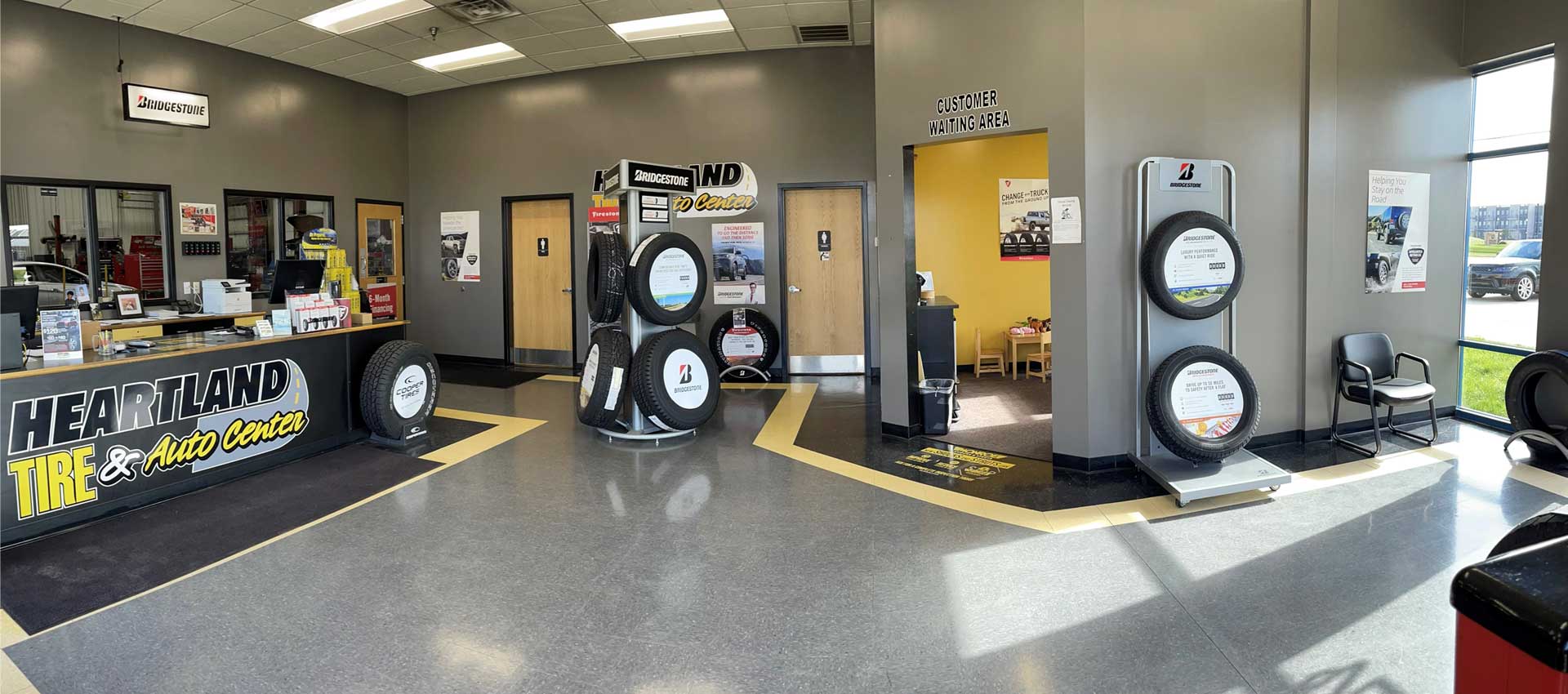Check Out Exclusive Mopar Tire Service Specials in Morris Today
Check Out Exclusive Mopar Tire Service Specials in Morris Today
Blog Article
Tire Service: Comprehending Tire Stress Tracking Solutions
Understanding Tire Stress Monitoring Equipments (TPMS) is a vital facet of keeping optimum lorry performance and safety on the roadway. With advancements in automotive innovation, TPMS has come to be a typical feature in modern vehicles, providing real-time info on tire pressure levels.

Significance of TPMS
The significance of Tire Pressure Monitoring Solutions (TPMS) depends on their capacity to enhance vehicle safety and security and performance via real-time monitoring of tire pressure degrees. Keeping the appropriate tire stress is important for making sure ideal handling, stopping, and general security of a vehicle. TPMS gives chauffeurs with prompt feedback on any kind of underinflated or overinflated tires, allowing for prompt adjustments to be made.
Components of TPMS
Sensing units are usually located in the tire valve stem or connected to the wheel setting up, where they gauge tire stress and transmit data to the control module. Some advanced TPMS models additionally present the real tire stress readings for each tire, giving drivers with real-time info to make certain optimal tire performance and safety and security. By monitoring tire stress continuously, TPMS assists protect against crashes, reduces tire wear, and enhances fuel performance, making it a vital part for lorry safety and efficiency. tires morris il.
Types of TPMS

On the various other hand, indirect TPMS relies upon the car's wheel rate sensing units to keep an eye on tire stress. This system finds underinflation by contrasting the rotational speeds of the wheels. Indirect TPMS is less costly than direct TPMS, as it makes use of existing sensing units within the vehicle.
While direct TPMS uses a lot more exact analyses, indirect TPMS is simpler in design and usually needs less maintenance. Both systems have their restrictions and advantages, and the option in between them commonly depends on factors such as cost, vehicle make, and individual preference. Comprehending the differences between these two sorts of TPMS can aid automobile owners make notified decisions concerning tire maintenance and safety.
TPMS Upkeep Tips
Efficient maintenance of TPMS is vital for guaranteeing ideal performance and safety and security of your lorry. Consistently inspecting the TPMS sensing next units for any damage or corrosion is important. Guarantee that the sensors are cost-free and tidy from debris that could hinder their functioning. Additionally, it is advisable to check the sensing unit batteries page regularly and replace them as required to guarantee exact readings. Conduct routine checks on the tire stress levels and contrast them with the TPMS readings to ensure they correspond. Alter the system adhering to the maker's guidelines if there are any type of discrepancies. Throughout tire rotation or replacement, make sure that the TPMS elements are dealt with carefully to stop any possible damages. Finally, if the TPMS advising light illuminates on the dashboard, address the concern quickly by examining the tire pressures and the overall system for any type of mistakes. By adhering to these upkeep suggestions, you can lengthen the life-span of your TPMS and enhance the safety and security of your driving experience.
Benefits of Proper Tire Pressure
Preserving appropriate tire stress, as emphasized in TPMS Upkeep Tips, is crucial for gaining the numerous advantages linked with optimal tire stress degrees. In addition, proper tire stress ensures even tire wear, expanding the lifespan of the tires and promoting more secure driving problems. In conclusion, check out here the benefits of appropriate tire stress go beyond simply tire long life; they include improved gas efficiency, enhanced safety, better automobile efficiency, and overall driving comfort.
Verdict
To conclude, comprehending tire stress surveillance systems (TPMS) is important for keeping optimum tire stress and making certain vehicle safety. By identifying the significance of TPMS, being familiar with its components, recognizing the various types offered, adhering to proper maintenance suggestions, and realizing the advantages of preserving proper tire stress, motorists can boost their driving experience and prolong the lifespan of their tires. Appropriate tire stress is crucial to reliable and risk-free automobile operation.

Report this page